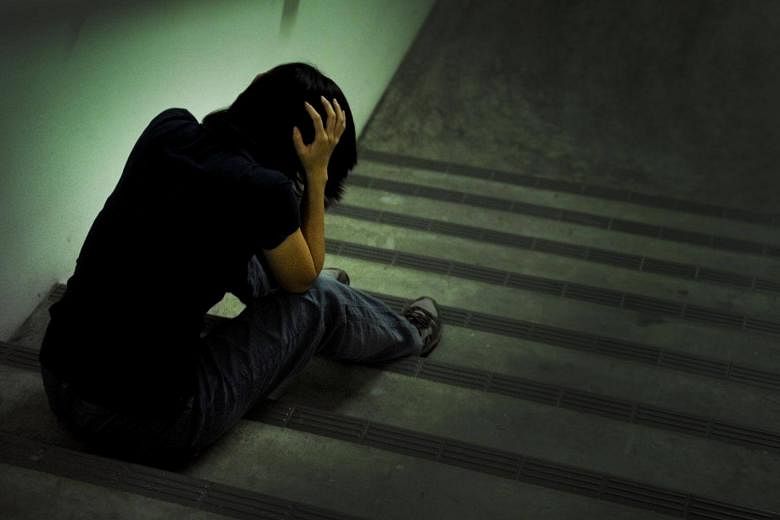It is disturbing that people with mental illness are subject to various forms of discrimination (I have mental illness, will you hire me?, May 5; and Mentally ill face rejections from private insurers, May 13).
People with mental illnesses often have limited career choices, experience rejections from private insurers and face discrimination at work and in their other daily activities.
These arise mainly for the simple reason that there is a lot of stigma attached to mental illness, while physical health issues are accepted as legitimate and normal.
Most organisations, including insurance companies, do not have comprehensive policies for mental health issues because they are either unaware of how to respond or react to such conditions.
Hence, there is a need for legislation to be put in place, like in Japan, to give legal and systemic recognition to mental health issues at the workplace.
Similar guidelines should be made available to insurance companies.
Although Singaporeans are now not shunning topics related to mental health issues, mental health in general is still being trivialised.
People with mental health issues, such as depression and social adjustment disorder, are often highly skilled and able.
Yet, many companies shun them as employees, sometimes for insurance coverage purposes.
More needs to be done to wipe out misconceptions relating to mental health so that affected individuals can be accepted and play a useful role in society.
Already, mental health programmes have been implemented in schools so that teachers and school counsellors working in concert with mental health professionals can identify mental health issues among students.
Coping mechanisms should additionally be developed to help students hone self-esteem, concentration and crisis management skills.
Among other things, students should be encouraged to be involved in social and cultural activities so that they do not isolate themselves and worsen their conditions.
Adults, on their part, should encourage their family, friends and troubled youths to seek help and impress upon these people that they are worthy individuals with a lot to contribute to society.
We should also be kinder, empathetic and more compassionate towards people with mental health problems.
V. Subramaniam (Dr)

